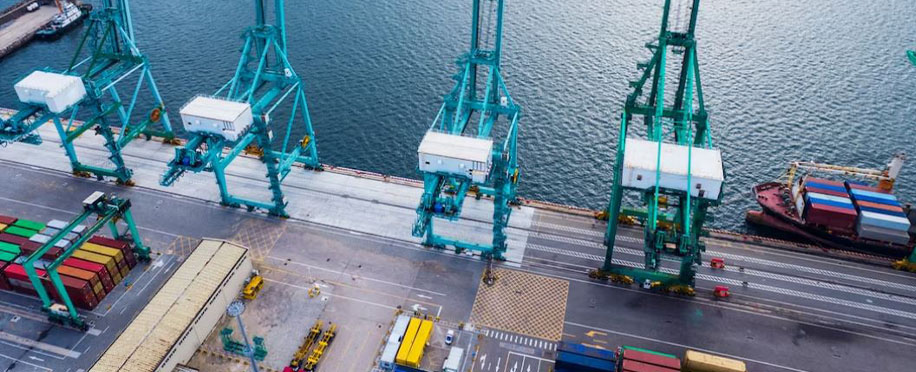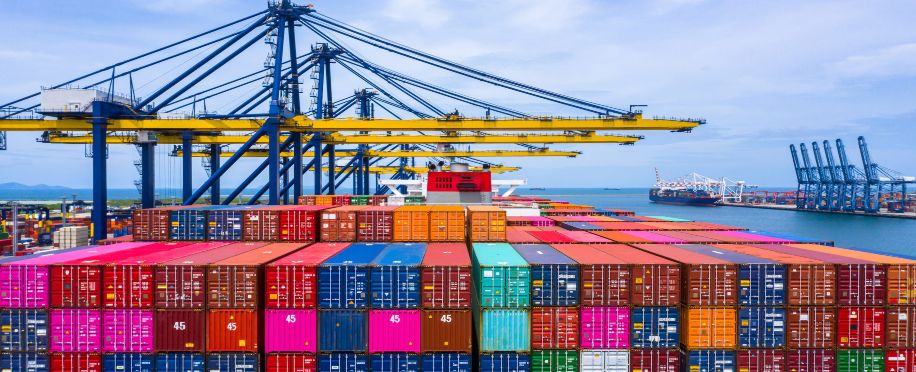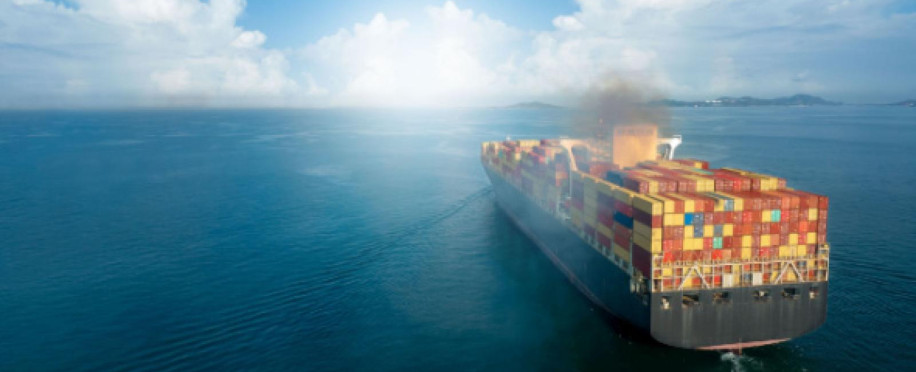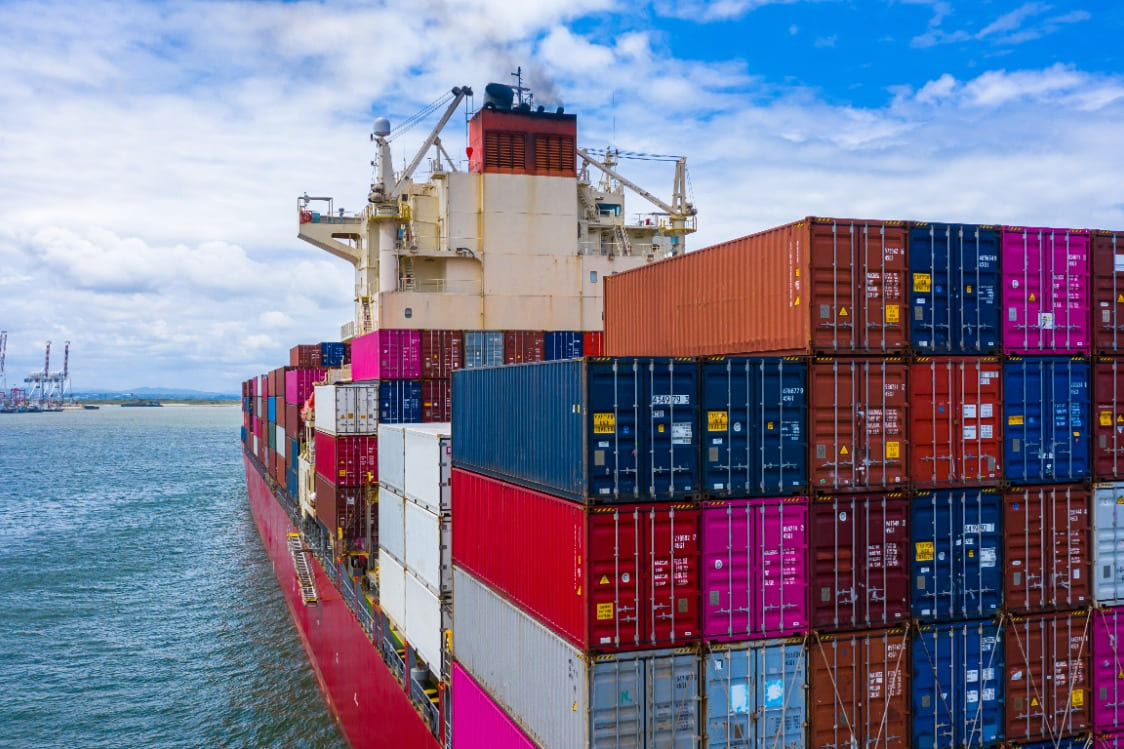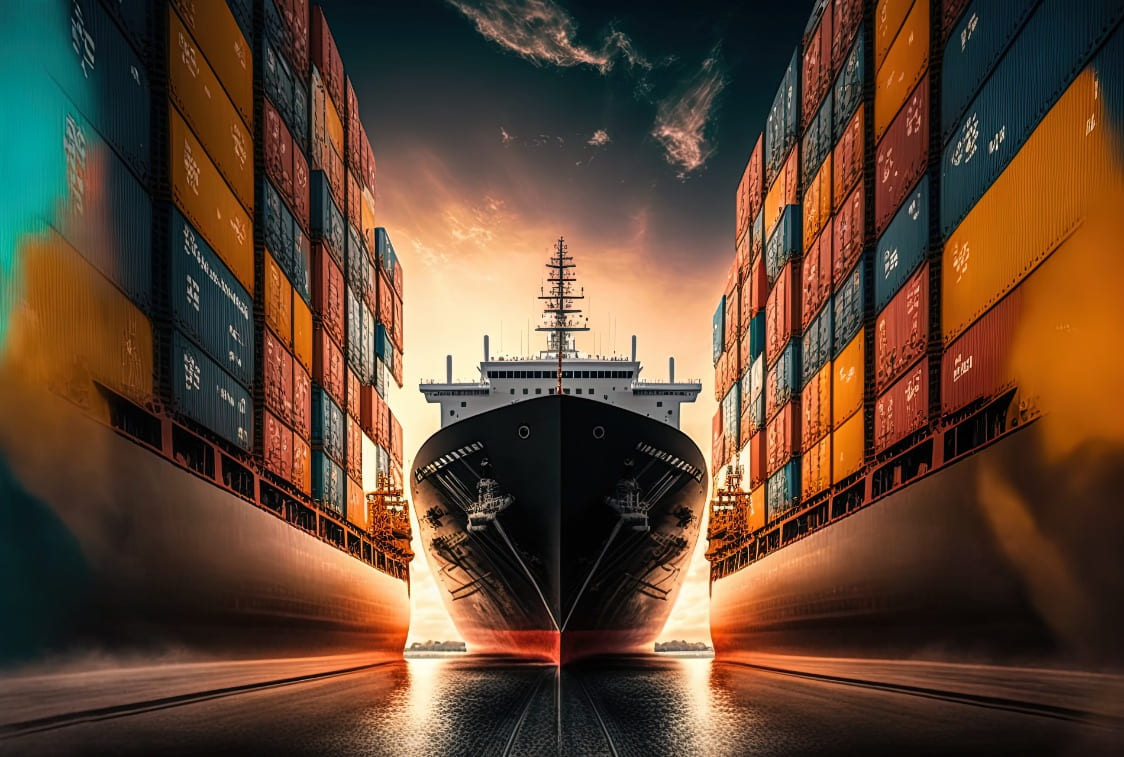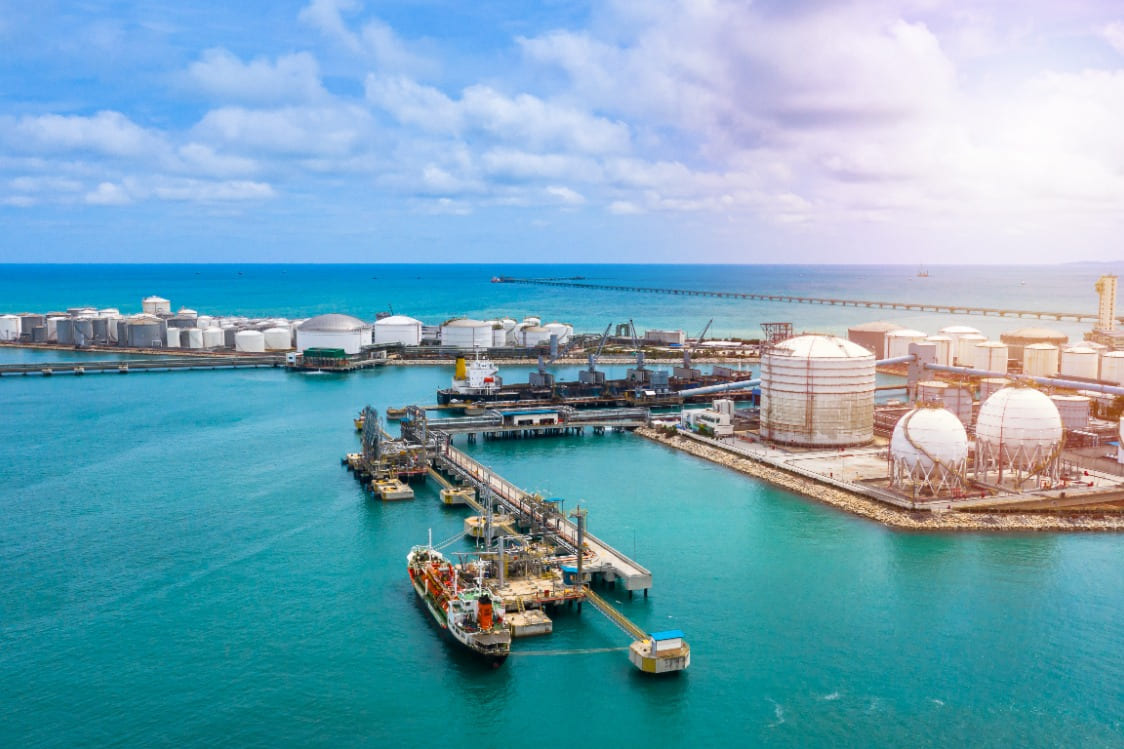The Magna Carta for Seafarers: Its Implications for Filipino Maritime Workers
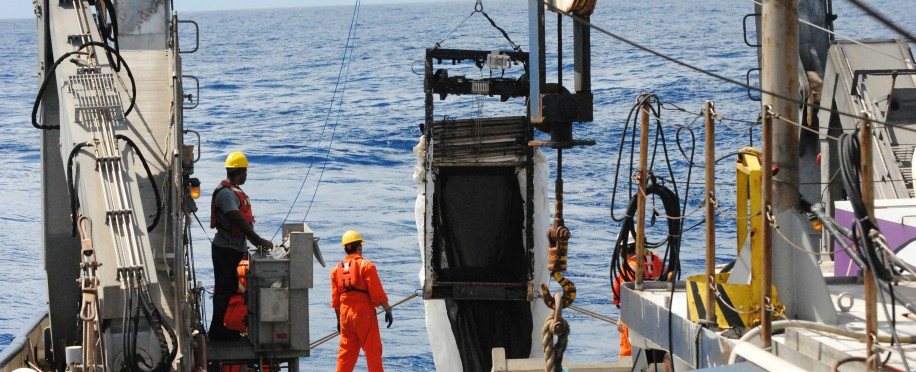
Posted on Mar 31, 2025 at 05:03 PM
The Magna Carta for Seafarers, recently signed into law by the Philippine authorities, is a cornerstone of the maritime industry, with Filipino seafarers making up approximately 25% of the world's seafaring workforce (International Maritime Organization, IMO, 2020). Despite their essential contribution, many of these workers face poor working circumstances and rights violations.
In response, this landmark labour law aims to enhance the welfare and rights of Filipino maritime workers. This far-reaching legislation seeks to protect seafarers, addressing critical issues such as unsafe employment practices and lack of compensation while ensuring their fundamental entitlements are safeguarded.
This article explores the impact of the Magna Carta on Filipino seafarers, evaluating its benefits and challenges, and offering recommendations for its improvement to better protect the rights of seafarers.
Overview of the Magna Carta for Seafarers.
The Magna Carta for Seafarers encompasses vital provisions that aim to improve the welfare and working conditions of Filipino seafarers. The Magna Carta for Seafarers, signed by President Ferdinand Marcos Jr. on Monday in Manila, sets the details of an approved version, aiming to strengthen seafarers' welfare.
The implementing rules, in turn, are designed to safeguard their rights in the Philippines while ensuring fair and safe working conditions.
- Enhanced Employment Rights: The law guarantees a comprehensive set of rights for seafarers, including safeguards against discrimination, harassment, and unfair dismissal.
- Welfare Benefits: The Magna Carta mandates the creation of a national welfare fund to support seafarers in times of need, thus assisting with unemployment or medical treatment.
- Insurance and Compensation: Employers are required to provide insurance for accident-related incidents, ensuring injured seafarers receive the necessary support.
- Access to Legal Assistance: Provisions for legal representation ensure that seafarers facing disputes have access to fair and timely legal support.
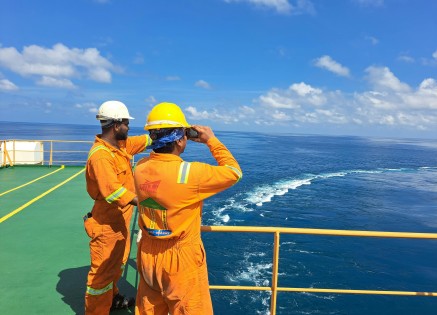
Benefits and Challenges of the Magna Carta for Seafarers
Pros of the Magna Carta for Seafarers
Improved Rights Protection:
The Magna Carta strengthens the legal protections for every Filipino seafarer, addressing issues like unsafe working conditions and exploitation. The law guarantees the terms of their work and aligns with the Maritime Labor Convention (MLC 2006), ensuring the safeguarding of their dignity and welfare.
Financial Security:
By establishing a welfare fund and securing social security benefits, the Magna Carta can guarantee financial support for seafarers during periods of injury or unemployment, offering a crucial safety net for maritime workers and their families.
Access to Legal Support:
The law's regulations focus on protecting seafarers' entitlements by setting strict guidelines and standards, ensuring proper attention to their duties, and strengthening their capacity to access justice.
Challenges and Areas for Improvement
Without a doubt, while the Magna Carta for Seafarers offers significant benefits, challenges remain in its full implementation. Some of these challenges include:
Implementation Challenges:
The lack of sufficient resources for regulatory bodies may hinder the Implementation of the law, affecting the allotment of necessary resources and failing to meet the requirement for proper enforcement of MLC 2006.
Difficult Litigation Procedures:
Injured seafarers and the families of deceased workers have raised concerns about the complexity and length of legal proceedings. Therefore, simplifying these procedures could enhance the law's impact.
Awareness Issues:
There is a need to educate seafarers about their rights under the Magna Carta. So, increased outreach is necessary to ensure that all maritime personnel are fully aware of their entitlements.
Recommendations to Improve the Magna Carta for Seafarers
To maximize the effectiveness of the Magna Carta for Seafarers, several key improvements can be made:
- Streamlining Litigation Processes: Simplifying legal procedures and creating a specialized legal aid network would help maritime personnel resolve disputes more quickly and effectively.
- Allocating Resources for Enforcement: The Philippine government must ensure that sufficient resources are available to regulatory agencies to promote compliance with the law and ensure regular inspections.
- Raising Awareness and Education: Online or classroom programs, including maritime professional training, should be implemented to educate seafarers about their rights under the law, thus helping them navigate the complexities of their work environment with confidence.
- Monitoring and Reevaluation: Regular assessments of the law's effectiveness will help address any gaps in its implementation, therefore ensuring that it continues to meet the evolving needs of seafarers.
In Conclusion,
The Magna Carta for Seafarers marks a significant step forward in the protection of Filipino seafarers' rights and welfare. While it promises numerous benefits, including enhanced rights protection and financial security, its success depends on the effective implementation of policies, continuous consultation with stakeholders, and a commitment to uphold and secure the rights of seafarers aboard vessels.
Therefore, the successful execution of this legislation will ensure that Filipino seafarers are better protected and supported, enabling them to continue their vital role in the global maritime industry.
